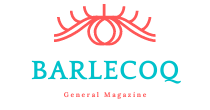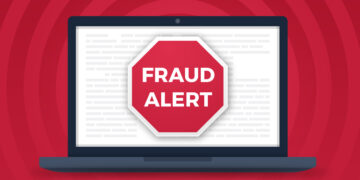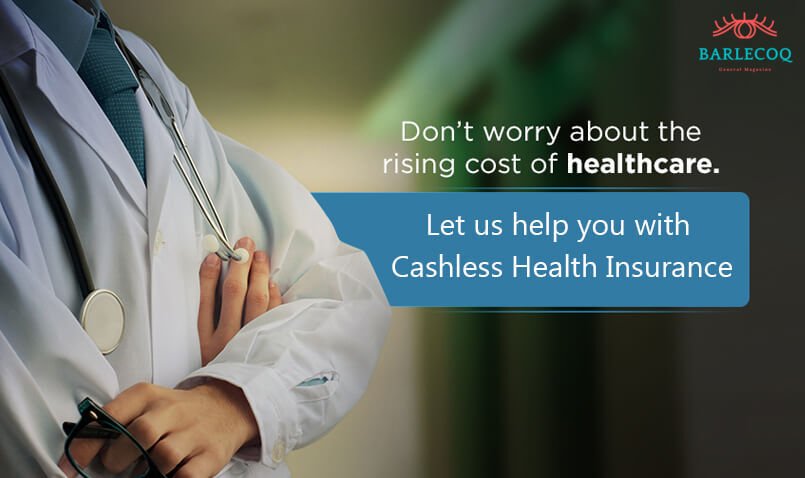The health insurance industry in India faces numerous challenges, and while the COVID-19 pandemic was the key driver for growth last year, it has been reported that 90 percent of the poorest population in the country do not have health insurance.
According to the data, 472 million individuals in the country were covered under health insurance plans in 2019, with the majority of them being insured under the government-sponsored health insurance plans.
Thus, the government’s efforts to increase insurance penetration in the country has reaped rewards, but health insurance continues to remain a distant dream for the poverty-stricken and impoverished individuals.
How health insurance helps in mitigating medical and hospitalization costs
The onset of the pandemic, which saw a staggering 112 million people worldwide get infected, with 11 million of those from India has laid bare the issues pertaining to the lack of access to proper healthcare, particularly among the poorest sections of the country.
Furthermore, during the early periods of the pandemic, when people had to rely on private hospitals for treatment, patients had to spend lakhs of rupees out of their pocket.
The rising medical costs, and the surge in lifestyle-related diseases mandate individuals take pre-emptive actions, such as purchasing health insurance policies that offer comprehensive coverage.
Medical emergencies often come at inopportune times, and it is wise to think ahead, and protect oneself and their family from such situations. Purchasing health insurance today is easier than ever before, and individuals have a wide range of options to carefully analyse and select, with flexible plans such as micro health insurance available for those from rural sectors.
Back in 2010, the World Health Organization (WHO) predicted that around 100 million people around the world fall below the poverty line every year, because of out-of-pocket expenses for healthcare. By carefully studying the coverage features of a policy, and understanding the premiums to be paid, one can rely on health insurance to avoid paying exorbitant medical and hospitalization bills.
What is a health card?
Health insurance cards, or simply known as health card is given to policyholders at the time of purchasing health insurance policies. These health cards are very similar to credit cards or debit cards in their appearance, as well as functionality.
Considering the fact that we are rapidly moving towards veritable digitalization, it is extremely easy and convenient to obtain a health card. Furthermore, prospective policyholders have myriad options when it comes to health card applications.
Last year, the government launched National Digital Health Mission (NDHM), where the Prime Minister ordained that every citizen will be given a health card. These health ID cards will digitally store individual’s medical records, in order to provide high-quality healthcare for everyone.
Suggested Reads: Safety Precautions To Keep Yourself And Your Baby Safe During Pregnancy
Institutions like Bajaj Finserv offer EMI cards, such as the Bajaj Finserv Digital Health EMI Network Card, which comes with a pre-approved limit of up to Rs. 4 lakh, and allows cardholders to use the card to pay for their medical, diagnostic and hospitalization bills.
The amount can be repaid later in monthly instalments, thereby offering greater convenience, and immediate access to funds during times of medical emergencies.
Benefits of having a health card
Health cards inherently come with a plethora of benefits that are extended to cardholders. Seven such benefits include:
- Cashless hospitalization: Usually, health cards are useful only if you get hospitalized at a network hospital of the insurance company, which then provides you with cashless payment. You can initiate the process once you get hospitalized, and your claim will get settled promptly.
- Easy communication with insurance companies: In case of claims or any general queries, you can get in touch with the insurance company easily by using their toll-free number.
- Faster access to policy details: Unlike the hassles you usually have to go through while searching for policy documents and providing your customer ID, by using your health card, you just have to divulge your unique identification number, which makes the claim process simple and convenient.
- ID cards for cashless treatments: While availing cashless treatment, your health card doubles up as your identification card, which is then matched with the ID proof for confirmation.
- Know about its validity: You no longer have to worry about remembering the expiration date of your policy or the renewal date, as the date is specified on the health insurance card, similar to a debit card or a credit card.
- Validation: The health card can be used to validate the eligibility of the claim. The hospital, upon furnishing the health card, cross-checks policy records, along with your identity and validity of health insurance policy.
- Information at your fingertips: Digitization implies easy access to information. You don’t have to carry any documents, or safely store paperwork away, when you can access all the information you want by using your health card.
Alternatively, you can avail of the Bajaj Finserv Digital Health EMI Network Card, and forget about inconvenient claims process. You can use the Health EMI Card to pay your bills, and repay the amount later in monthly instalments.









